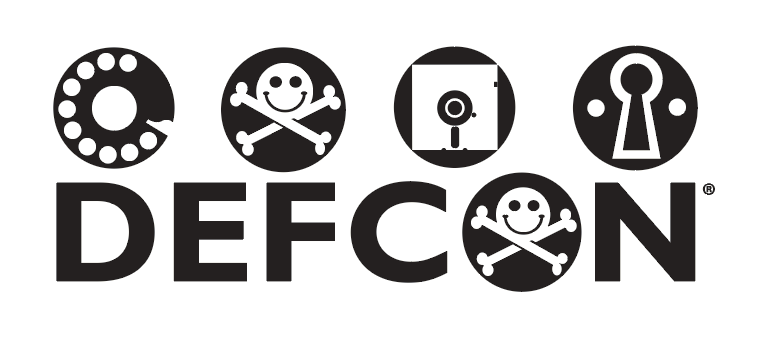HardenedBSD saw a lot of work in May 2021. Here are the most notable changes:
- We hardened the kenv(2) syscall. Unprivileged or jailed users, even a jailed privileged account, should not be able to inspect the kernel environment. This is just one more hardening technique to mitigate "kernel infoleak as feature" type of issue.
- We fixed an issue with our ASLR implementation interfering with FreeBSD's ASR implementation. This was due to a mismerge a while ago when FreeBSD made changes to their ASR implementation and we had to adjust ours in the ELF image activator.
- We bumped bhyve's max vCPU count to 48 from 16. HardenedBSD's infrastructure now has systems with greater than 30 cores, so being arbitrarily limited to 16 meant we weren't utilizing the server to its greatest potential.
- We hardened dumping non-dumpable memory mappings. FreeBSD implemented an interface to tell the kernel "even though this mapping has been marked as non-dumpable, go ahead and dump it when dumping a process' core."
- FreeBSD's random stack gap implementation creates problems for certain applications, like ntpd. Rather than fix the issue, FreeBSD is explicitly disabling the stack gap for certain applications. We reverted those changes and are carrying on like normal.
- We performed network maintenance. The build infrastructure's firewall is now directly connected to the internet, rather than being behind the corporate firewall. This should drastically help increase the robustness of the network, especially our IPv6 setup.
- If you boot in UEFI mode, you'll notice a new bootloader screen. Thanks to Loic, HardenedBSD's logo should be nice and pretty on the UEFI bootloader screen.
- Loic and I fixed some ports entries, getting errant ports to compile again in our package builds.
- We're researching GitLab anti-spam measures. Ben La Monica from the HardenedBSD Foundation Board of Directors has been kindly maintaining our GitLab instance. We may experiment with different anti-spam measures and may experience minimal downtime as we do that research.
- And for the big one: We now build (nearly) all of 14-CURRENT/amd64 world with LTO, including libraries. We introduced a new build configuration, MK_LTOLIB, to tell the build framework whether to build static/shared libraries with LTO. As a precursor to supporting Cross-DSO CFI, we must build as much of the base OS with LTO as possible. This gets us closer to our goal of an OS with Cross-DSO CFI fully enabled for the userland. The compiler toolchain, libthr, and the various bootloaders are NOT compiled with LTO. A set of one or more follow-up commits will enable LTO for arm64 as well. We're doing our first package build with amd64 as we speak. It will still be a while before we support Cross-DSO CFI, but this is a great step in the right direction.
I'm excited for the progress we're making. I'm grateful to serve the community and I'm more grateful for the community's support.





